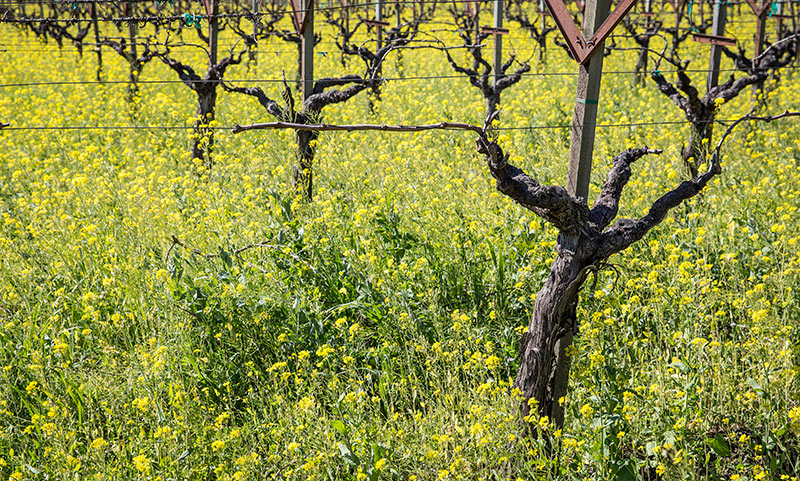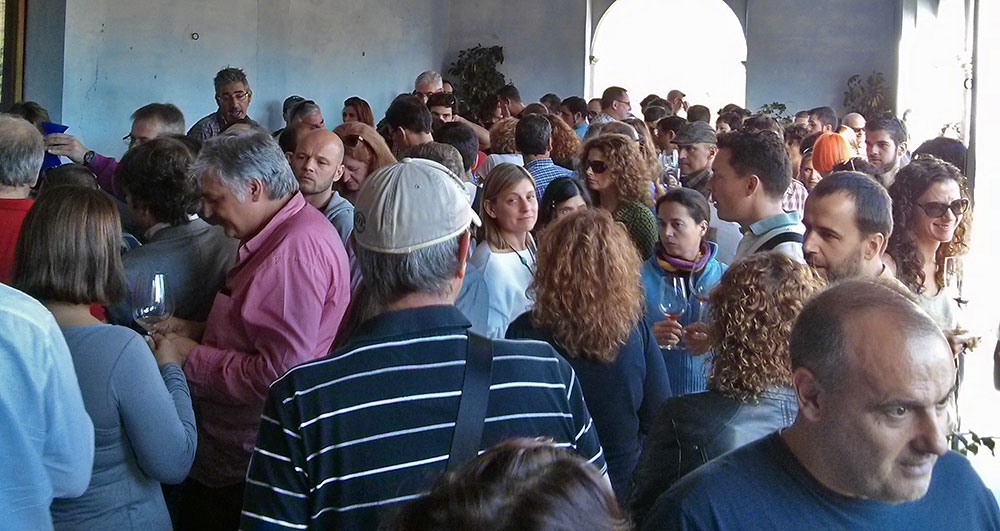On May 16th, the third edition of the Regenerative Viticulture Symposium was held in Falset, Catalunya in the town’s old castle. For those who couldn’t attend in person, they filmed it and it can be streamed in full. Established in 2021, this association was formed as a forum to exchange ideas and present a new manner to working vineyards. Similar to, yet quite different from organic or biodynamic farming, one of the key premises to regenerative viticulture (and agricultural practices at large) is to, “shift is the carbon cycle and […]

